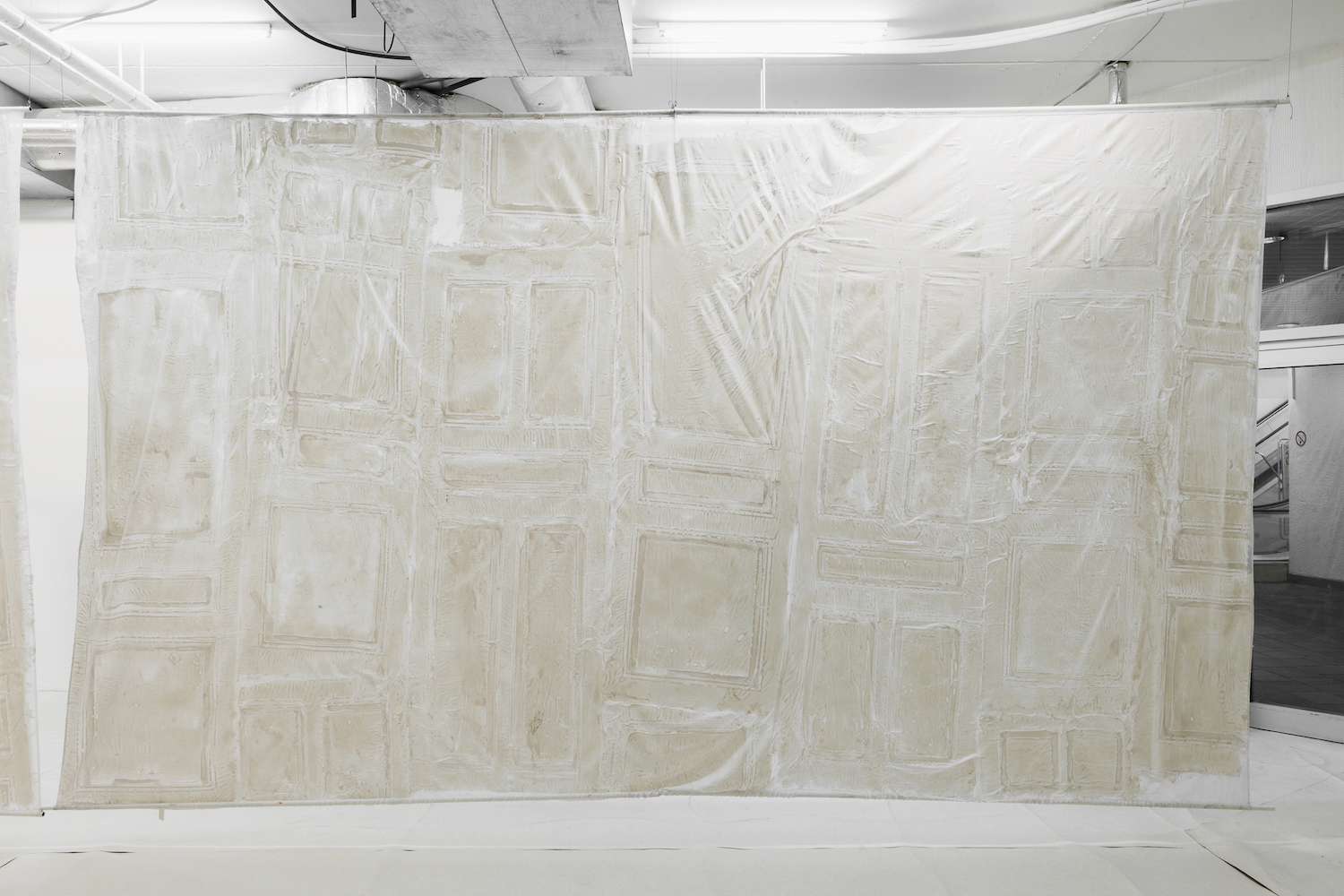I am, of course, an advocate for self-representation, especially in the form of works that give voice to marginalized and peripheral communities. But Los Carpinteros’ new film Pellejo (Skin, 2013) is not exactly what I have in mind. Pellejo is beautifully shot in black and white, and like the title suggests, it shows off lots of skin. In fact, the film is difficult to differentiate from pornography save for the beautiful photography and an endearing conclusion that almost touches on poetry. It’s clear that Los Carpinteros, the Cuban collective now based in Madrid, known mainly for their preoccupation with the relationship between craft, function and art, have taken these themes to an extreme. The film, which starts with a young, beautiful Cuban couple, engaging in graphic sexual acts that seem both natural and choreographed, and continues with an elderly, corpulent couple doing the same, evokes the passage of time with its repetitions and lack of change. And this is also intended to comment on Cuba’s social situation — a country frozen in time, where sexuality can function as an escape from a slowly changing reality. But watching the film is painful; the graphic nature of the scenes does not seem to support the rather simple concept. Or maybe it’s this idea of the necessity of form to concept that Los Carpinteros are thematizing by exaggerating the content, forcing the viewer to ask: “Was that really necessary?”
A much more subtle treatment of their preferred themes is the floor installation Clavos Torcidos (Twisted Nails, 2013), which is an engaging prelude to the film, both spatially and conceptually. As the title describes, forty differently twisted nails in large format are arranged in various configurations on the floor, some suggesting sensual pairings, others in individual contortions. Writhing sexuality is clearly a subtext here, but expressed poetically rather than graphically. And of course the ever-present interest in usefulness vs. what can be cast away is the most strident component

